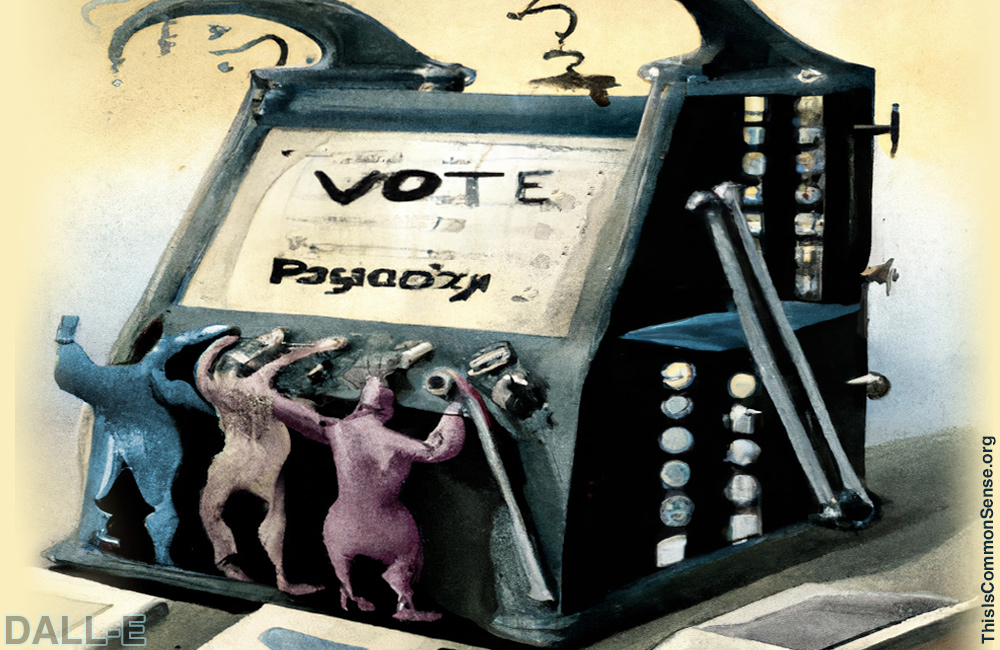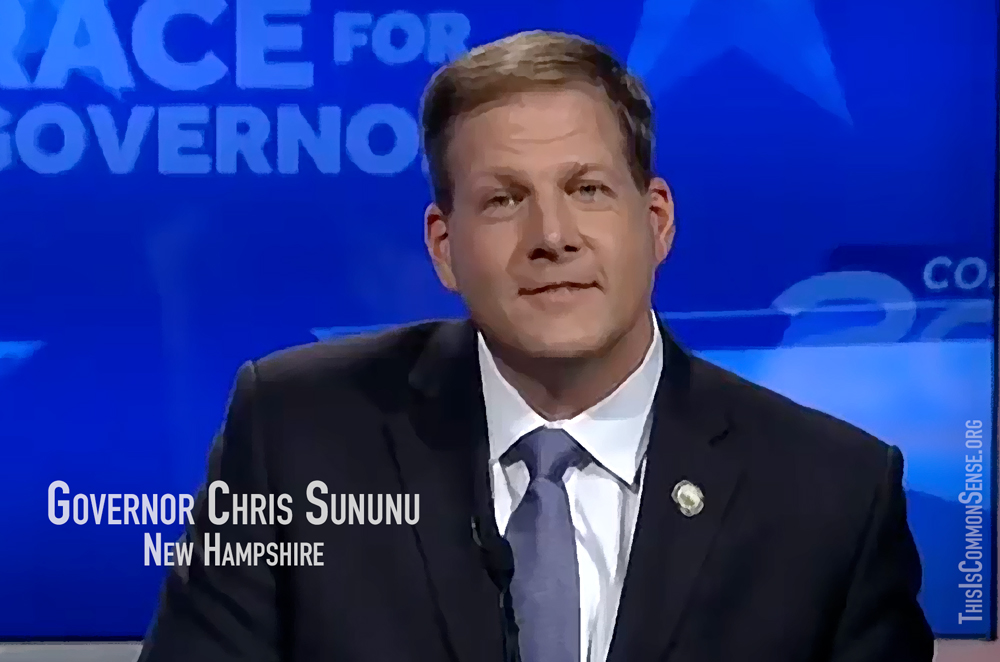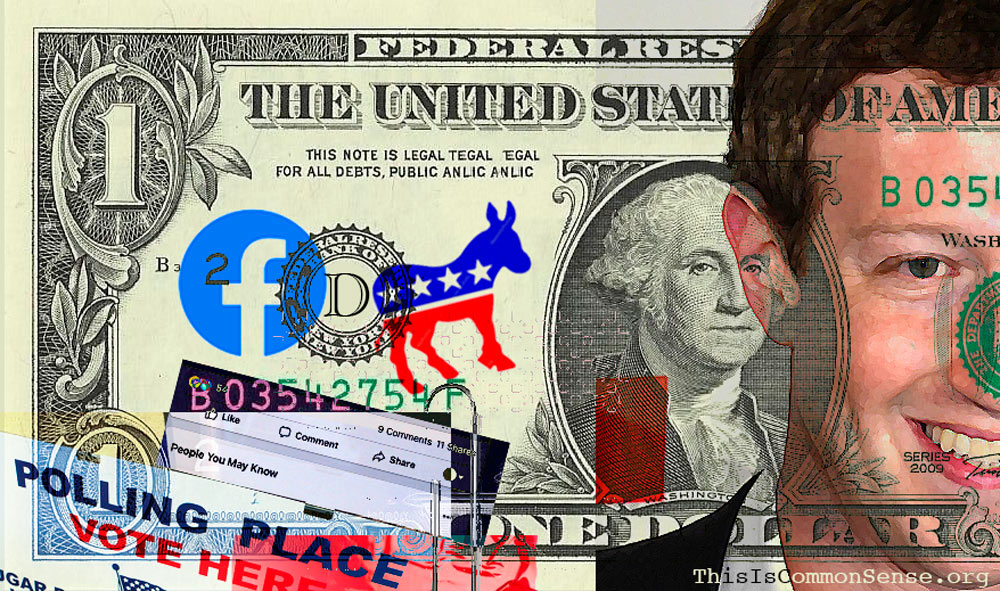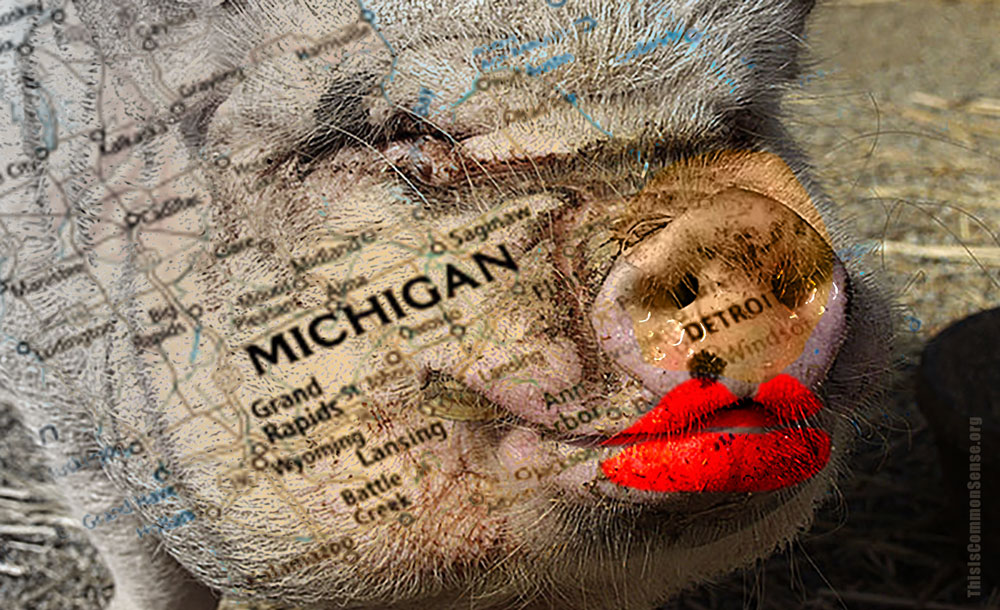Forget “the one percent.” I want to know about the seven percent.
Last month, the Gallup polling outfit asked Americans about our confidence level in Congress. Did we have “a great deal, quite a lot, some or very little”?
Unlike the 93 percent of us with firing brain synapses, there appeared an enigmatic seven percent, folks who actually confessed to harboring “a great deal” or “quite a lot” of faith in that cabal of corrupt careerists legislating loquaciously in our nation’s Capitol.
It takes all kinds, I guess. The shadowy, slow-witted, and ill-informed must show up in statistics somewhere, right?
Granted, only five percent of Republicans expressed that much cockeyed confidence; it was six percent a year ago. Trusting Democrats hit double-digits, with ten percent believing congressional bull, a fall from the 17 percent hornswoggled in 2021.
Gullible independents came in at the overall average — seven percent — a decrease of five percentage points from last year, when 12 percent clutched a false sense of security regarding our federal legislature.
Among a long list of American institutions, Congress roused the absolute least confidence. Odd that we feel worse about the people we elect to represent us than those we have little if any direct responsibility for or control over.
This must change.
We desperately need term limits. And the competitive elections brought by creating smaller districts where grassroots campaigns employing shoe-leather can compete with the big money and special interest power behind professional politicians.
This is Common Sense. I’m Paul Jacob.
Illustration assist from DALL‑E
—
See all recent commentary
(simplified and organized)





